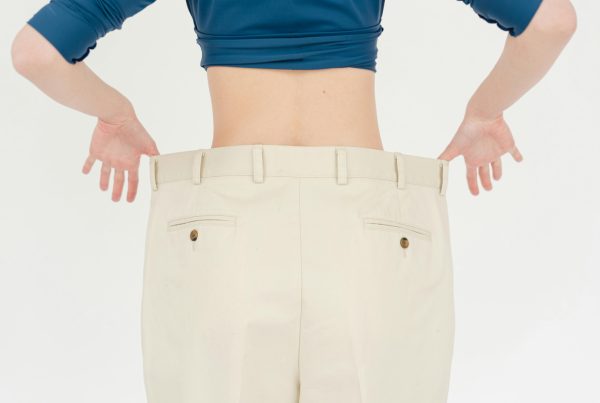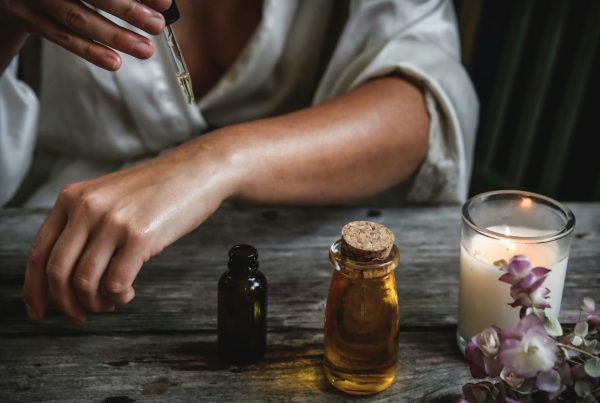Cracked, chipped and worn teeth! Ever thought why? Infinitidental Clinic can help
Bruxism affects over 10 million adults in the UK yet most of us do not know what it is. Many people grind and/or clench their teeth without problem. However, a large number suffer from severe symptoms, ranging from broken teeth and restorations to headaches, jaw and neck ache. Thankfully there is growing awareness of the condition and your dentist can help. Dr Anand Patel of Infinitidental clinic in Wimbledon has advanced his knowledge in this field and has revolutionised his approach to patient care.
Causes
Whilst bruxism can occur during waking hours, nearly 80% of clenching and grinding occurs subconsciously during sleep and is typically associated with stress and/or anxiety. A dental examination provides a static representation of a lifetime of dentistry where many of the signs of bruxism can be detected:
- Chipped or fractured teeth
- Crack lines within the tooth and around restorations
- Previous loss of teeth due to them splitting
- Chipped or worn porcelain on crowns
- Wear facets on teeth due to repeated sliding of tooth on tooth
- Flattened teeth and cusps
- Ragged incisal edges on the front teeth
- Bone loss around molar teeth
- Sensitive teeth
- Lines and ridges on the cheeks and tongue
Involving some of your most powerful muscles, studies have shown that during sleep, patients can exert 20% more pressure than is possible whilst awake – with severe consequences for the sufferer. However, with symptoms not always involving the teeth, often there is little awareness that bruxism may be the cause of such painful symptoms.
Treatment
Dentists have traditionally concentrated on fixing the issues and complaints patients present with. Beyond this, Dr Anand Patel now strives to find out why these incidences occur and can recommend ways in which they can be minimised going forward.
The sleep clench inhibitor (SCI)
Patient tolerance with the smaller SCI dental splint is far superior to the traditional full arch devices and therefore patient compliance is much greater.
Worn at night, the splint sits between your front teeth, preventing the back teeth from making contact. This is a key difference to traditional splints and by doing so clench intensity is minimised and grinding becomes almost impossible. By inhibiting the unwanted muscle activity, the tension that causes migraines, headaches, and jaw and neck pain is greatly reduced.
Dr Anand Patel has found great success with the use of SCI splints in his practice to date and believes they are a great preventative treatment modality.
tags: #wellness #dental #lovelocal




